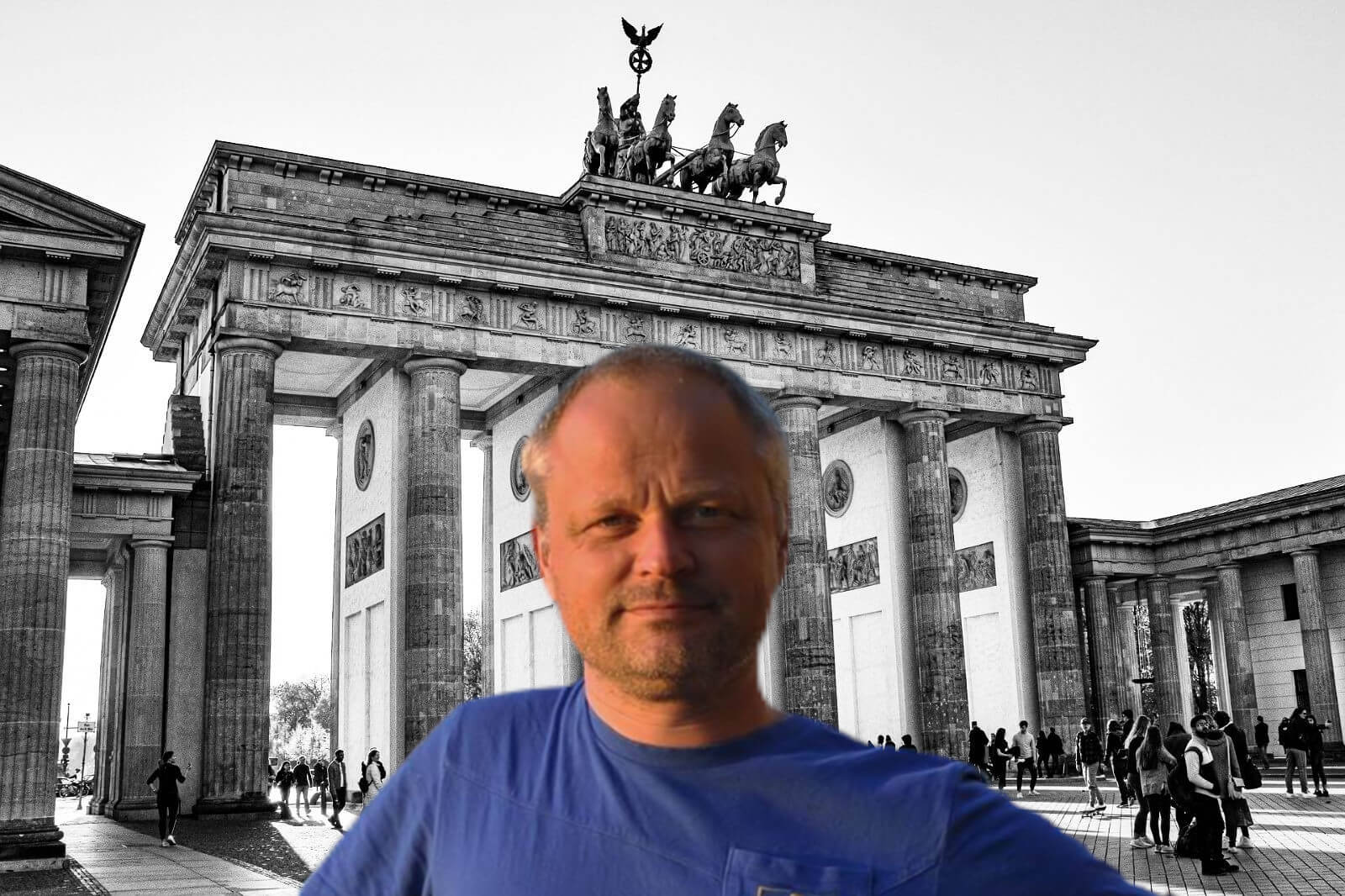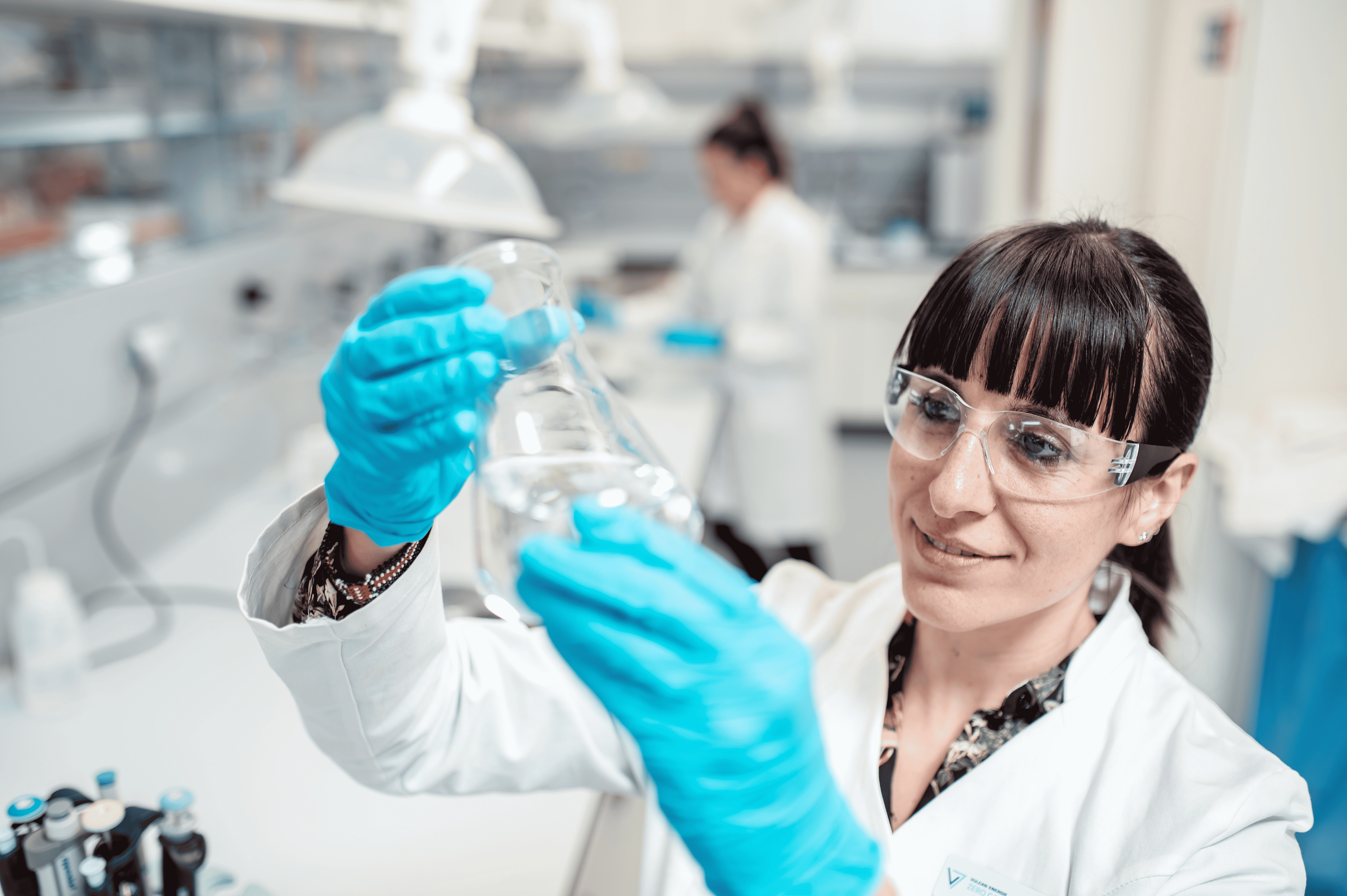
France and Germany are increasingly seeking each other out when it comes to the manufacture of batteries for electric cars. At least, that is what it looks like with the new alliance surrounding the French-German company Automotive Cells Company ACC.
Mercedes-Benz (a subsidiary of Daimler) announced on Friday that it is buying a 33% stake in ACC. This constitutes an investment of hundreds of millions of euros (the exact amount has not been disclosed). The other owners of ACC are Stellantis and the energy group Total Energies. Stellantis is the parent group of Peugeot, Citroën, Fiat, Opel, Chrysler, Alfa Romeo and Maserati, among others.
European champion
The overriding goal is to create a European champion that can take on Tesla and Asian competitors like Samsung and LG Chem from South Korea, CATL and BYD from China and Panasonic from Japan.
A total of around €7 billion is set to be pumped into ACC by 2030, with €1.3 billion coming from French and German taxpayers. This should culminate in a battery production of 120 gigawatt hours (GWh) per year by the end of this decade.
Market leader CATL
By way of comparison, the two largest manufacturers today are by far CATL and LG Chem, which together accounted for 43 GWh in the first five months of this year. They consequently had a world market share of more than 50%. There is therefore plenty of work to be done for ACC, which is basically starting from scratch.
German Minister of Economic Affairs Peter Altmaier was enthusiastic on Friday. He called the agreement “the biggest breakthrough so far for battery manufacture in Europe.” According to Altmaier, “tens of thousands” of new jobs are beckoning in this key industry just for Germany.
Allocation
It is still not clear how the batteries will be divided among the partners. What is certain is that it is not enough for Daimler. The big leap from internal combustion engine to electric has yet to come. Its internal estimate is that a capacity of 200 GWh will be needed by 2030.
No wonder Mercedes emphasizes in its press release that existing alliances with CATL and Farasis are not at risk. The southern Germans aim to have eight factories where they can source their batteries, four of which are in Europe.
Douvrin and Kaiserslautern
ACC has R&D sites in Bordeaux and Nersac. Mass production will be in Douvrin (France) and Kaiserslautern (Germany). The start of the production in Douvrin is planned for 2023. The capacity there will be increased step by step to 24 GWh. The same applies to Kaiserslautern, except that production there will not start until 2025.
A quick calculation shows that ACC will still not be fully ready by then. So more manufacturing sites will have to be added, which will undoubtedly be the subject of intense political discussions. Daimler says it is busy looking for suitable locations.
The rest is not sitting idly by
Other German car manufacturers are also working on securing future battery supplies, because it is practically a foregone conclusion that batteries will become a globally scarce commodity.
BMW, for example, announced a few weeks ago that it has increased its order portfolio from 12 billion euros to 20 billion euros. The additional eight billion is divided among four manufacturer, namely: CATL, Samsung, EVE Energy (a Chinese company) and Northvolt from Sweden. BMW is thereby focusing on external suppliers.
Volkswagen is investing in its own factories. The city of Braunschweig is currently the center of VW battery production. Additional investments are being made in new factories in Hefei (China), Mlada Boleslav (Czech Republic) and Chattanooga (USA).








